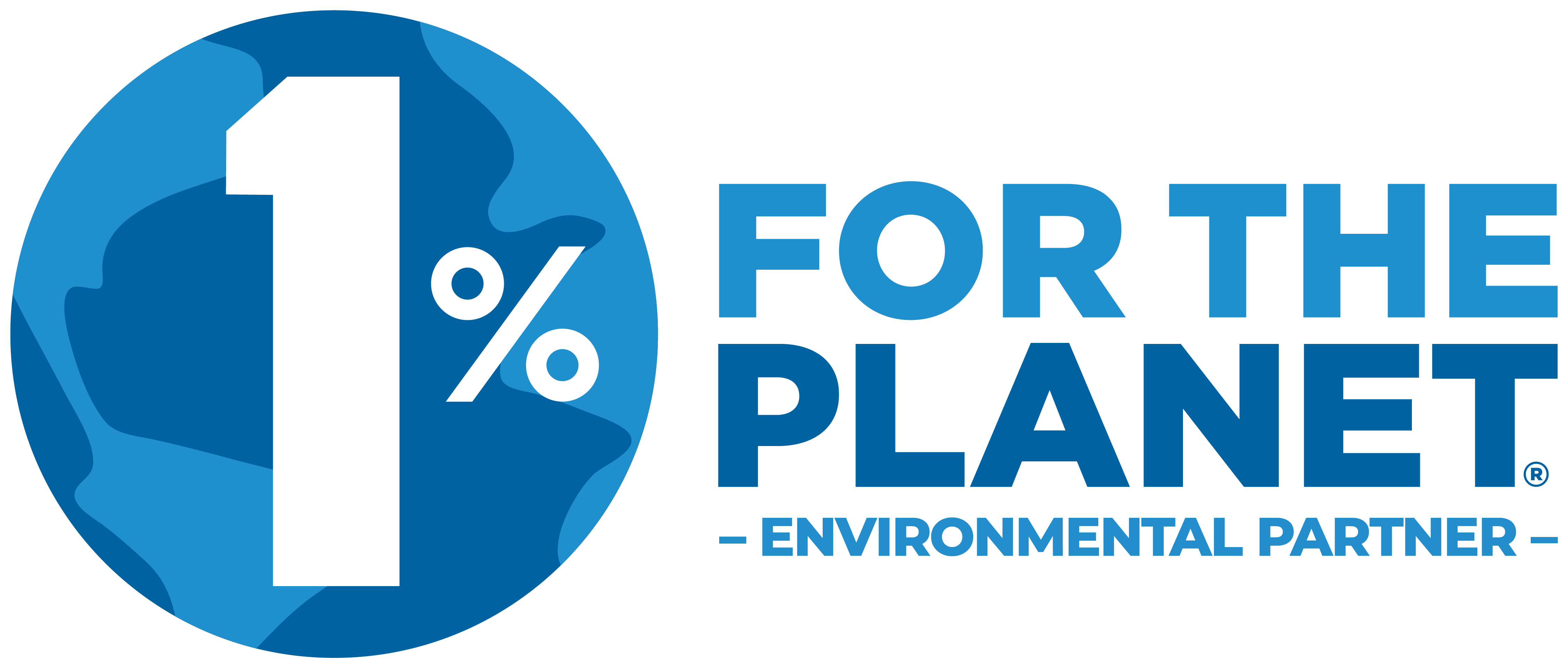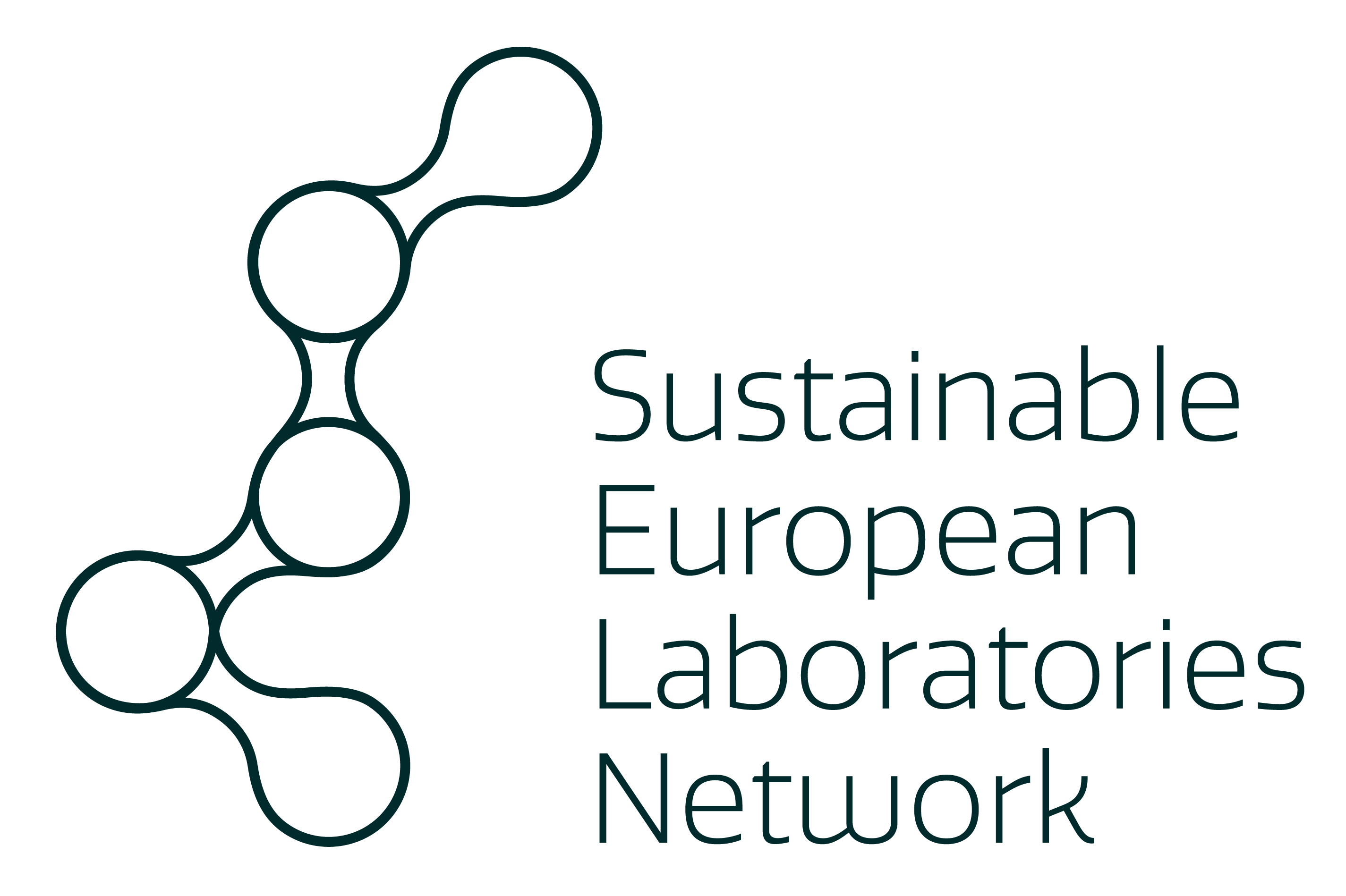Diagnostic labs (ENG)
While diagnostic laboratories play a crucial role in patient care, they also contribute substantially to a hospital’s environmental footprint. Their cumulative energy use, waste production, and emissions, in turn, poses long-term risks to public health, highlighting the need for sustainable laboratory practices.
In line with the climate objectives set by the Paris Agreement (UN, 2015) and outlined in the European Union’s Climate Act, medical laboratories must actively pursue sustainability to help prevent further global warming. Medical guidelines and ISO certifications, such as ISO15189, ensure that diagnostic laboratories operate safely, consistently, and efficiently. Any proposed changes must be critically assessed to maintain these high standards.
ISO encourages process improvements, a critical attitude and sustainable optimizations in laboratories. Adjustments to guidelines and ISO standards are needed to achieve the Green Deal goals. Consider, for example, minimizing the use of disposables and pay attention to sustainable packaging. In addition, minimal CO₂ emissions and extended lifespan are achieved through more sustainable equipment maintenance and usage. Also, cold storage of samples should never be performed at a temperature lower than required for maintenance of sample quality. Optimizations for adapted guidelines and ISO standards are always in consultation with professional representatives. That’s why sharing best practices, engaging in discussions, and adapting guidelines are essential steps toward achieving net-zero CO₂ emissions.
This page is dedicated to sharing knowledge specifically tailored to diagnostic laboratories, aiming to significantly reduce their ecological footprint.
Diagnostieklabs (NL)
Hoewel diagnostische laboratoria een cruciale rol spelen in de patiëntenzorg, dragen zij ook in aanzienlijke mate bij aan de ecologische voetafdruk van een ziekenhuis. Hun cumulatieve energieverbruik, afvalproductie en uitstoot brengen op lange termijn risico’s met zich mee voor de volksgezondheid, wat de noodzaak benadrukt van duurzame laboratoriumpraktijken.
In lijn met de klimaatdoelstellingen zoals vastgelegd in het Klimaatakkoord van Parijs (VN, 2015) en uiteengezet in de Klimaatwet van de Europese Unie, moeten medische laboratoria actief inzetten op duurzaamheid om verdere opwarming van de aarde te helpen voorkomen. Medische richtlijnen en ISO-certificeringen, zoals ISO15189, waarborgen dat diagnostische laboratoria veilig, consistent en efficiënt werken. Eventuele voorgestelde wijzigingen dienen zorgvuldig te worden beoordeeld om deze hoge standaarden te behouden.
ISO stimuleert procesverbeteringen, een kritische houding en duurzame optimalisaties in laboratoria. Aanpassingen aan richtlijnen en ISO-normen zijn noodzakelijk om de doelstellingen van de Green Deal te behalen. Denk hierbij bijvoorbeeld aan het minimaliseren van het gebruik van wegwerpproducten en het omschakelen naar duurzame verpakkingen. Bovendien kan de levensduur van apparatuur worden verlengt door duurzamer onderhoud en gebruik . Ook mag koude opslag van monsters nooit plaatsvinden bij een lagere temperatuur dan vereist is voor het behoud van de monsterkwaliteit. Optimalisaties van aangepaste richtlijnen en ISO-normen gebeuren altijd in overleg met professionele vertegenwoordigers. Daarom zijn het delen van best practices en het aanscherpen van richtlijnen essentiële stappen op weg naar het bereiken van net-zero CO₂-uitstoot.
Deze pagina is gewijd aan het delen van kennis die specifiek is toegespitst op diagnostische laboratoria, met als doel hun ecologische voetafdruk aanzienlijk te verkleinen.
Professional Associations involved

The Dutch healthcare sector accounts for approximately 7% of the country’s total CO₂ emissions. As medical microbiology laboratories are part of this sector, a working group on sustainability was formed by the NVMM (Dutch Society for Medical Microbiology) to share knowledge, promote green initiatives, and collaborate with other organizations and suppliers. The group aims to support the goals of the Green Deal Sustainable Healthcare and endorses the call for action by the International Union of Microbiological Societies (IUMS) to recognize and harness the beneficial roles of microorganisms, especially in tackling the impacts of climate change. More information of the working group in Dutch can be found here.

The Dutch Association for Clinical Chemistry (NVKC) believes it is important to also contribute to the greening of healthcare. The sustainability committee of NVKC is active within our field with the goal to make the clinical chemical laboratories of the Netherlands aware and to help them become more sustainable without compromising on quality. A delegation is also represented in the ‘Task Force: Green and Sustainable Laboratories (TF-GSL)’ of the European Federation of Clinical Chemistry and Laboratory Medicine (EFLM).
Does your branch organisation within the healthcare sector have a green initiative for diagnostic labs? Let us know so that we can highlight your efforts!
Background information
ISO certification & Sustainability
- ISO and the UN – Working together for international standardization
- ISO’s climate commitment
- Toevoeging van klimaatverandering aan de ISO-managementsysteemnormen [Dutch only]
Green Deal:
- The EU Green Deal: the challenge of greening medical technologies (Rampi & Bisazza, 2023)
- Green Deal Sustainable Care: Sustainability in UMC Laboratory (2024)
Best Practices:
- Pathology: Working Formalin-Free ‘We’re starting a revolution’ – Isala Hospital
- Pathology: Formalin-free tissue embedding is less hazardous and results in better DNA quality (Niemantsverdriet et al., 2024)
Page developed by

Kelly Nijhof
Sustainability Coordinator
at UMC Utrecht

Joep Sprangers
Sustainability Coordinator
at UMC Utrecht



